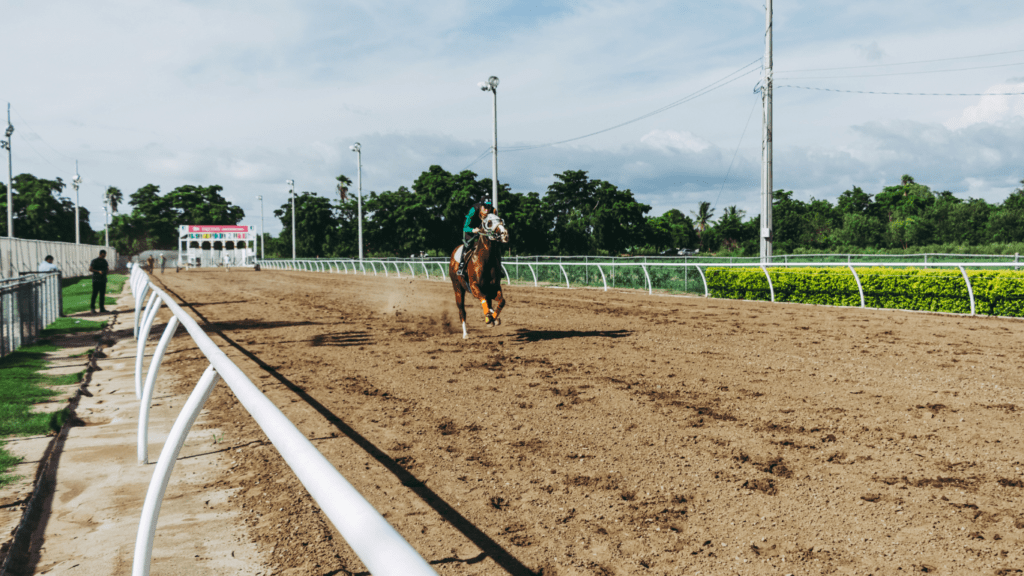The Legalization of Sports Betting: Overview
The growth of sports betting legalization is a significant trend in the economic landscape. As of 2023, 33 US states, including New Jersey and Pennsylvania, have legalized sports betting.
This expansion has led to substantial financial gains. For instance, in 2022, the total sports betting revenue in the US exceeded $4.3 billion (source: American Gaming Association).
Economic Gains
Legal sports betting creates numerous economic benefits. Local governments collect substantial tax revenues that can fund public services.
In New Jersey, the state collected over $120 million in sports betting taxes in 2022. These funds enhance education, healthcare, and infrastructure.
Job Creation
Employment opportunities increase with legal sports betting. Casinos, online platforms, and related industries require staff, from tech developers to customer service representatives.
In states like Nevada, the betting industry supports thousands of jobs, contributing to lower unemployment rates.
Social Impacts
Despite economic advantages, legalization brings social challenges. Gambling addiction rates tend to rise, requiring enhanced support services. Programs targeting addiction prevention, like those in New York, help mitigate these impacts.
Awareness campaigns and counseling services are crucial to address and manage gambling problems effectively.
Contrasts and Balances
Balancing economic benefits with social impacts remains crucial. While the financial influx from taxes and jobs is substantial, the rise in addiction and related issues cannot be ignored.
Effective regulation and robust support systems are necessary to maximize benefits and minimize harms.
This context highlights the critical aspects of legal sports betting’s economic and social impacts. Understanding these dimensions helps in navigating this evolving sector responsibly.
Economic Impacts of Legalizing Sports Betting
Legalizing sports betting brings substantial economic benefits. These include:
- increased state revenues
- job creation
- broader economic growth
Revenue Generation for States
States with legalized sports betting collect substantial tax revenues. In 2022, New Jersey gained over $120 million from sports betting taxes, contributing significantly to its budget.
In comparison, Pennsylvania collected approximately $85 million during the same period. These funds often support public services, infrastructure improvements, and educational programs, enhancing residents’ quality of life.
Job Creation and Economic Growth
Legal sports betting creates numerous job opportunities. Roles include:
- customer service representatives
- data analysts
- marketing professionals
- regulatory compliance officers
For instance, in New Jersey, the sports betting industry generated around 7,700 jobs in 2022. This job creation stimulates economic growth, increasing consumer spending and contributing to the local economy.
Additionally, the sports betting industry attracts investments in technology and infrastructure, fostering innovation and competitiveness.
Social Impacts of Legalizing Sports Betting

Legalizing sports betting has complex social implications, influencing various facets of society.
Effects on Problem Gambling and Addiction
Problem gambling and addiction rates can rise with the legalization of sports betting. Increased accessibility makes betting easier, potentially heightening addiction risks.
According to the National Council on Problem Gambling, around 2 million US adults meet the criteria for severe gambling problems. Counseling and addiction prevention programs become crucial in mitigating these risks.
Public awareness campaigns effectively reduce problem gambling by educating individuals on the dangers and offering resources for help.
Impact on Sports Integrity and Fair Play
Legal sports betting can impact the integrity of sports events. Bettors may attempt to influence outcomes, compromising fair play.
A study by the American Gaming Association noted that regulated sports betting markets demonstrate lower corruption levels compared to illegal markets. Implementing strict regulations and monitoring systems helps maintain sports integrity.
Partnerships between betting companies and sports organizations enhance transparency, ensuring fair competition while managing betting activities.
Regulatory Challenges and Solutions
Regulatory challenges arise as states try to balance economic gains with social responsibilities. Various regulatory frameworks and compliance measures address these issues.
Establishing Robust Regulatory Frameworks
A robust framework requires clear regulations tailored to mitigate gambling-related harms. States establishing regulations must consider transparency, fairness, and player protection.
For example, Nevada’s regulatory body sets standards that other states emulate. These regulations typically include:
- licensing requirements
- financial disclosures
- consumer protections.
Ensuring Compliance and Fair Practice
Ensuring compliance involves regular audits and monitoring, crucial for maintaining betting integrity. States often establish independent monitoring bodies to oversee operators, as seen in New Jersey’s Division of Gaming Enforcement.
These entities perform audits, investigate complaints, and enforce penalties to ensure operators adhere to regulations.
For instance, operators must implement anti-money laundering measures and verify the age and identity of bettors to prevent fraud and underage gambling.


